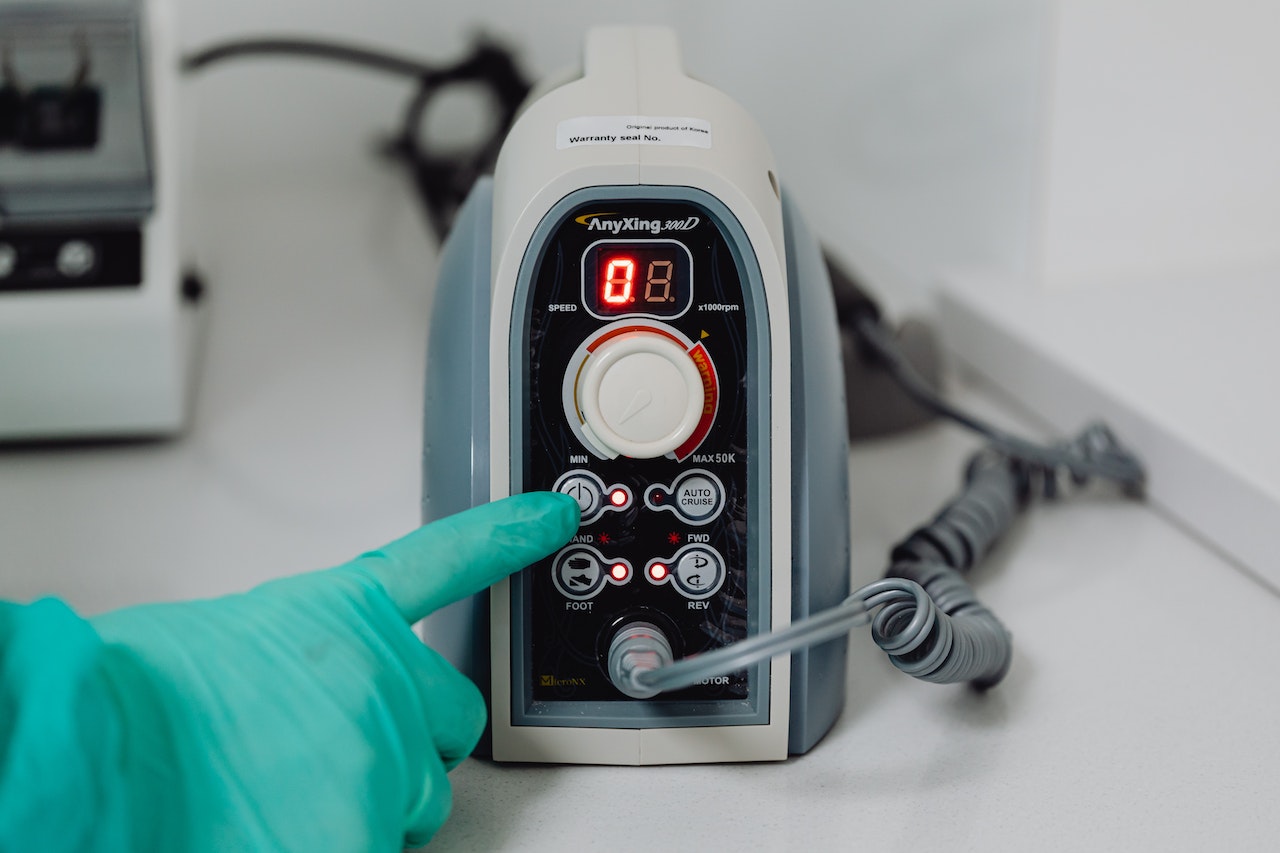No one wants to deal with the hassle of a traffic ticket—especially in a state as busy and diverse as New Jersey. With a reputation for congested highways, frequent construction, and a mix of rural and urban areas, it’s crucial to drive attentively and adhere to traffic laws. Below are practical tips for avoiding violations altogether, plus some information on what to do if you ever find yourself facing a fine. We’ll also highlight useful online resources like www.njmcdirect.com, njmcdirect www njmcdirect com ticket payment online, and njmvc tickets in case you need to address a citation.
Introduction
Whether you’re commuting to work in Newark, heading down the shore for a summer getaway, or simply passing through on the New Jersey Turnpike, staying ticket-free can save you money, time, and stress. Traffic tickets can add points to your license and spike your insurance rates. By implementing a few straightforward safety measures and habits, you’ll drastically reduce your chances of being pulled over.
1. Follow the Speed Limit Religiously
Speeding is one of the most common reasons drivers receive tickets. New Jersey’s speed limits can fluctuate significantly based on the type of road—25 mph in residential areas, 55 mph in certain zones, and 65 mph on select highways. Always keep an eye out for changing speed limit signs, particularly in construction zones or near schools.
- Tip: Consider using your vehicle’s cruise control when driving on the highway. This can help you maintain a consistent speed and avoid unintentional speeding.
2. Avoid Distracted Driving
It’s no secret that technology is a leading cause of distracted driving. Texting or making phone calls while operating a vehicle is not only illegal in New Jersey but also extremely dangerous. Even hands-free devices can divide your attention. Eating, grooming, and fiddling with the radio are other potential distractions.
- Tip: Turn your phone on “Do Not Disturb” mode or place it out of reach. Wait until you can safely pull over if you need to make a call or send a text.
3. Use Your Turn Signals and Follow Traffic Signs
Neglecting to use turn signals or failing to obey stop signs and red lights can easily lead to a ticket. Make sure you come to a full stop at stop signs and never “gun it” to try to beat a red light. Not only is it dangerous, but it’s also a surefire way to attract unwanted attention from law enforcement.
- Tip: Practice consistent signaling. A good rule of thumb is to signal well before you turn or change lanes, giving other drivers ample time to react.
4. Keep Your Vehicle in Good Condition
Broken or non-functioning headlights, brake lights, or turn signals can attract an officer’s attention. Also, something as simple as an expired inspection sticker can result in a ticket.
- Tip: Perform regular vehicle checks. If you notice a light out, replace it promptly. Keep track of inspection and registration deadlines to avoid njmvc tickets and other fines.
5. Stay Aware of Traffic Patterns
Driving in New Jersey often involves significant traffic. Congestion can tempt drivers to switch lanes abruptly or follow too closely. However, aggressive driving increases your odds of being pulled over and can lead to accidents.
- Tip: Use apps or websites that provide real-time traffic updates. If you know you’ll hit heavy traffic, give yourself extra time, so you aren’t compelled to rush.
6. Respect Construction and School Zones
Construction zones typically have lower speed limits. Fines are often doubled for violations in these areas. The same goes for school zones.
- Tip: Stay alert for temporary signage in construction zones. Even if no workers appear visible, assume the zone is active.
7. Maintain Proper Documentation
Driving without proof of insurance, a valid license, or up-to-date registration is a direct path to a ticket in New Jersey. Regularly check that your documents are valid and accessible in the event you’re stopped by a police officer.
- Tip: Keep a small folder in your glove compartment containing your insurance card, registration, and a copy of your driver’s license if you’d like an extra backup.
8. Monitor Weather Conditions
New Jersey’s weather can be unpredictable. Rain, snow, or fog can drastically reduce visibility and road traction. Law enforcement might be more vigilant during poor weather conditions because accidents are more likely.
- Tip: In bad weather, drive below the posted speed limit if necessary. Increase the distance between you and the vehicle ahead to allow for longer stopping times.
9. Be Polite if Pulled Over
Even the most cautious driver may occasionally be stopped. If this happens, remain calm and respectful. Cooperate with any reasonable requests from the officer and provide your documentation promptly. The officer may choose to give you a warning instead of a ticket if the infraction is minor and you’re polite.
- Tip: Turn on your interior lights if you’re stopped at night and keep your hands visible on the steering wheel to put the officer at ease.
10. Handling a Ticket If You Get One
Despite your best efforts, tickets can still happen. If you find yourself with a citation, handle it as soon as possible. You may have the option to pay online through portals like www.njmcdirect.com or njmcdirect www njmcdirect com ticket payment online, depending on the municipality. Failing to pay on time could lead to additional fines or even a license suspension.
- Tip: Always read the back of your ticket for detailed instructions. Each municipality might have slightly different procedures.
11. Consider Defensive Driving Courses
New Jersey allows drivers to take state-approved defensive driving courses to reduce points on their license. These courses also help you improve your driving habits. Some insurance companies offer discounted rates for policyholders who complete a defensive driving course.
- Tip: Research online or in-person defensive driving classes. Ensure the one you pick is approved by the New Jersey Motor Vehicle Commission.
12. Using Technology to Your Advantage
In addition to traffic updates, various smartphone apps can alert you to speed traps, red-light cameras, and real-time accidents. While you should never rely solely on such apps, they can serve as an added layer of awareness.
- Tip: Make sure you set up the app before driving. Trying to configure or look at it while driving can be dangerous and illegal.
Conclusion
Avoiding traffic tickets in New Jersey is largely a matter of consistent, responsible driving. By following posted speed limits, eliminating distractions, and staying on top of vehicle maintenance, you significantly reduce your chances of getting a citation. Should you ever receive a ticket, online portals like njmcdirect www njmcdirect com ticket payment online are available for convenient payment. Just remember that every violation has consequences, ranging from fines to points on your license.
Respect for the rules of the road not only keeps money in your wallet but also makes New Jersey’s streets safer for everyone. Developing good habits might take some conscious effort at first, but over time, these habits will become second nature. In the end, safe driving is its own reward—helping you stay confident and stress-free on even the busiest roadways in the Garden State.




